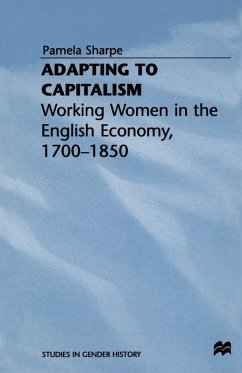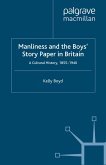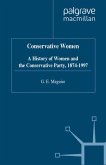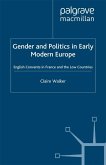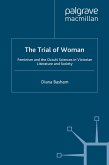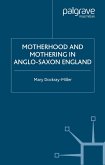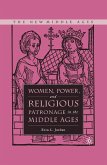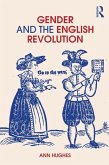This book considers patterns of women's employment in the period 1700-1850. Focusing on the county of Essex, material on the worsted industry, agriculture, fashion trades, service, prostitution, and marriage and family life will shed light on contemporary debates in history such as the sexual division of labour, controversy over continuity or change in women's employment, the importance of ideas of 'separate spheres' and 'domestic ideology', and the overall effects of capitalism on women's employment.
Dieser Download kann aus rechtlichen Gründen nur mit Rechnungsadresse in A, B, BG, CY, CZ, D, DK, EW, E, FIN, F, GR, HR, H, IRL, I, LT, L, LR, M, NL, PL, P, R, S, SLO, SK ausgeliefert werden.
'Sharpe's study is one of the best, most meticulous monographs on all the ways that women worked in the early industrial period. Women indeed adapted to capitalism and it has taken decades to bring to light all the costs of that achievement'. - Deborah Valenze, American Historical Review
'the book is fascinating in itself...a model of how such studies can be done and invaluable to researchers in many fields...' - Eve Hostettler, Labour History Review
'the book is fascinating in itself...a model of how such studies can be done and invaluable to researchers in many fields...' - Eve Hostettler, Labour History Review

